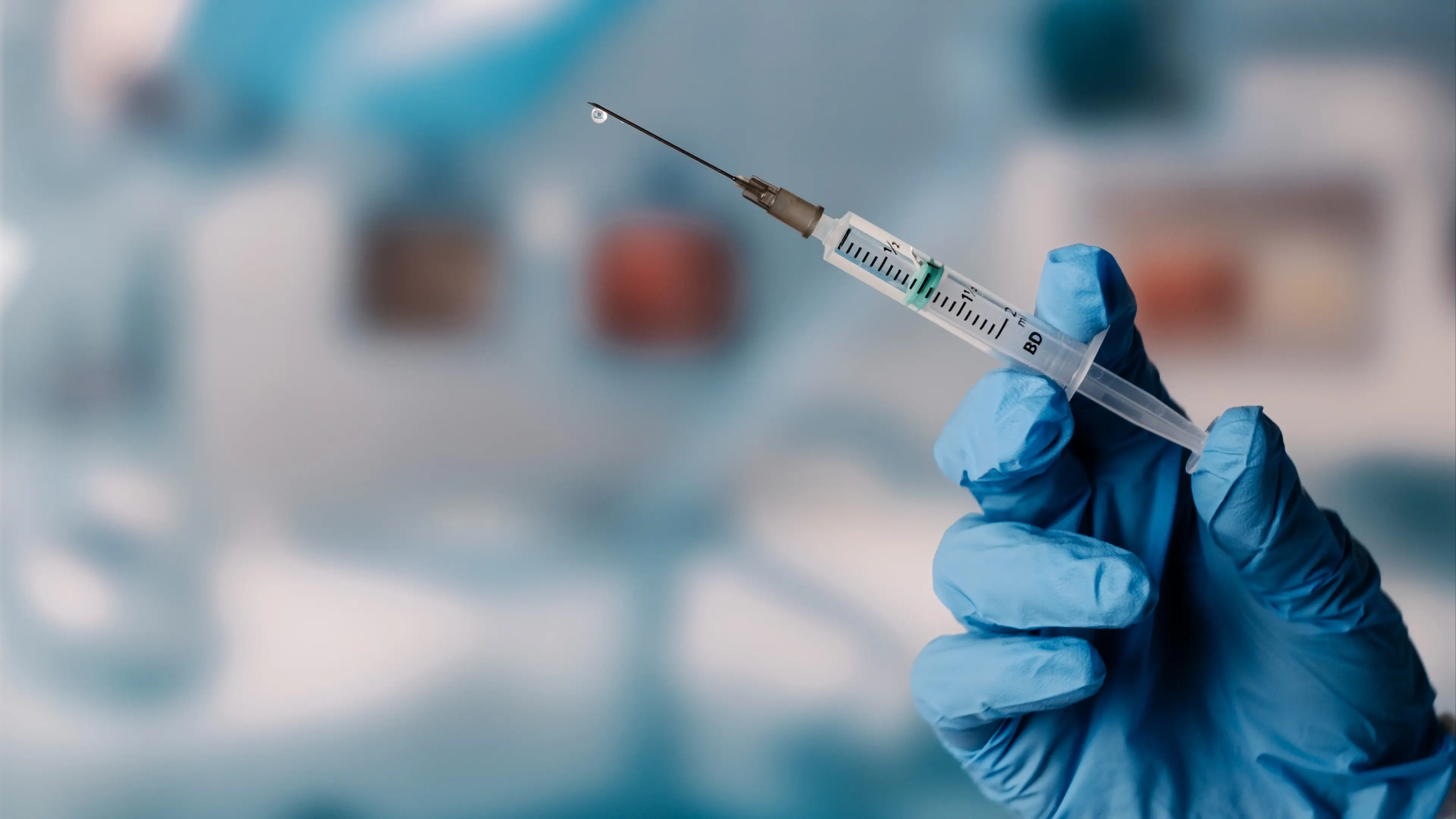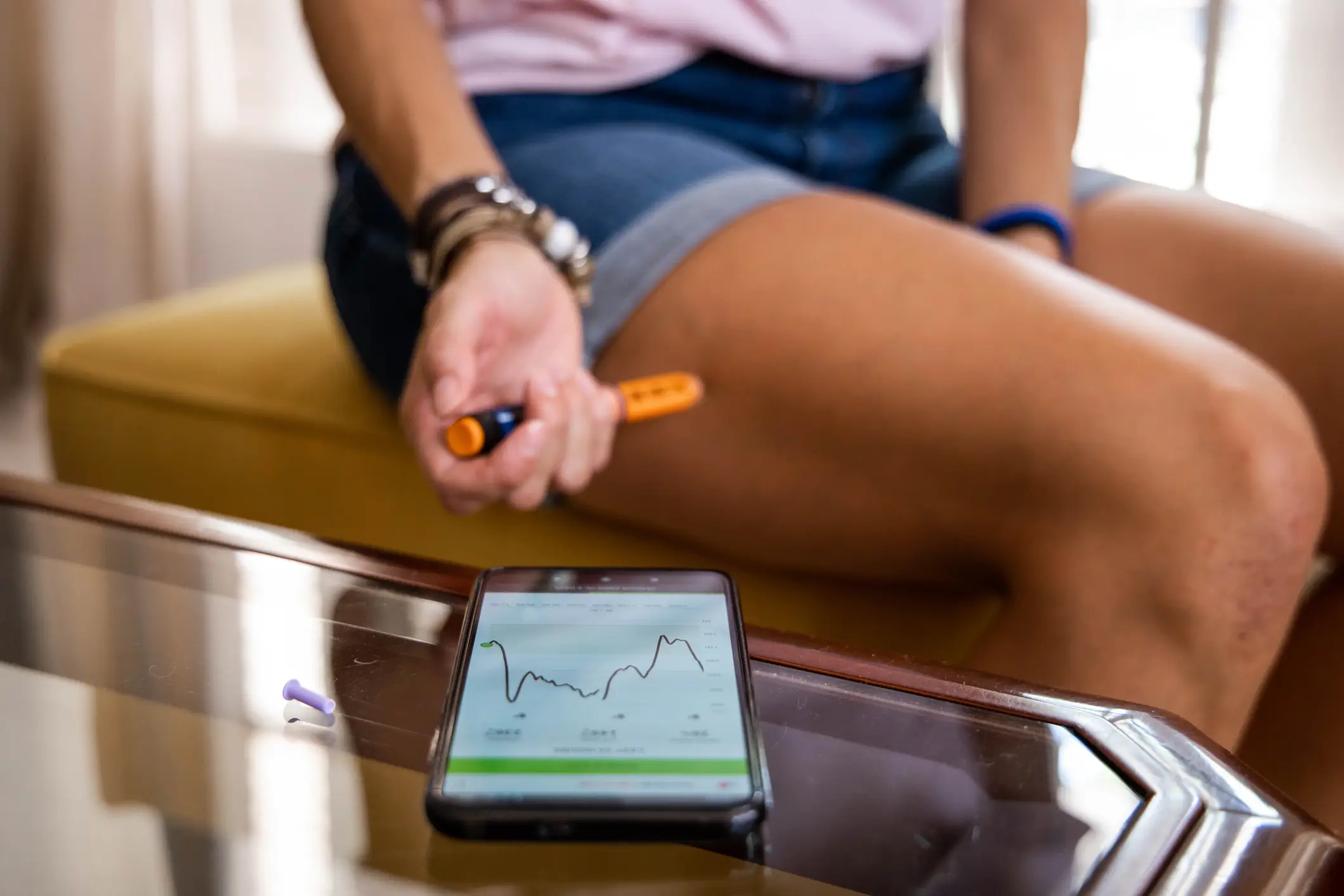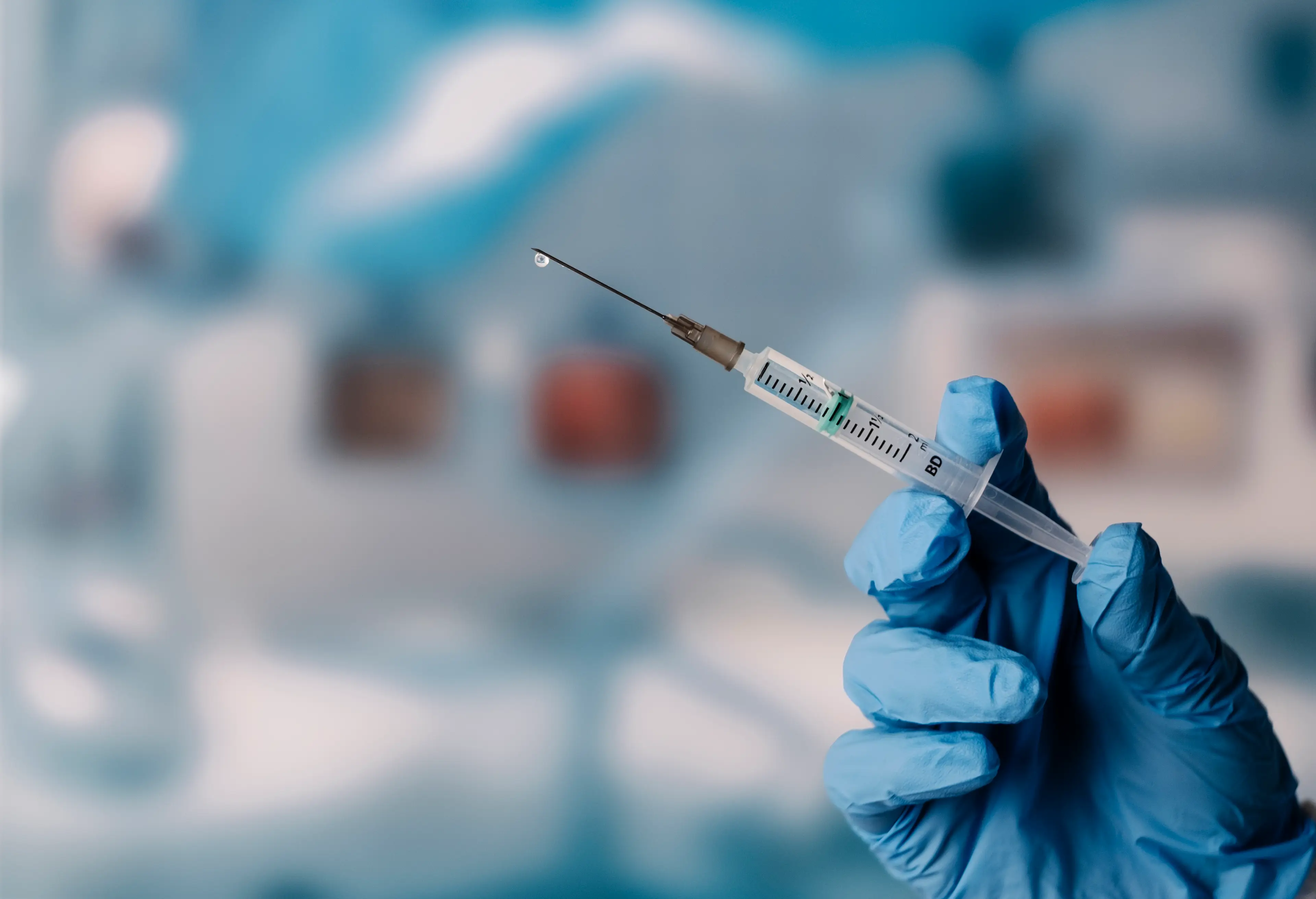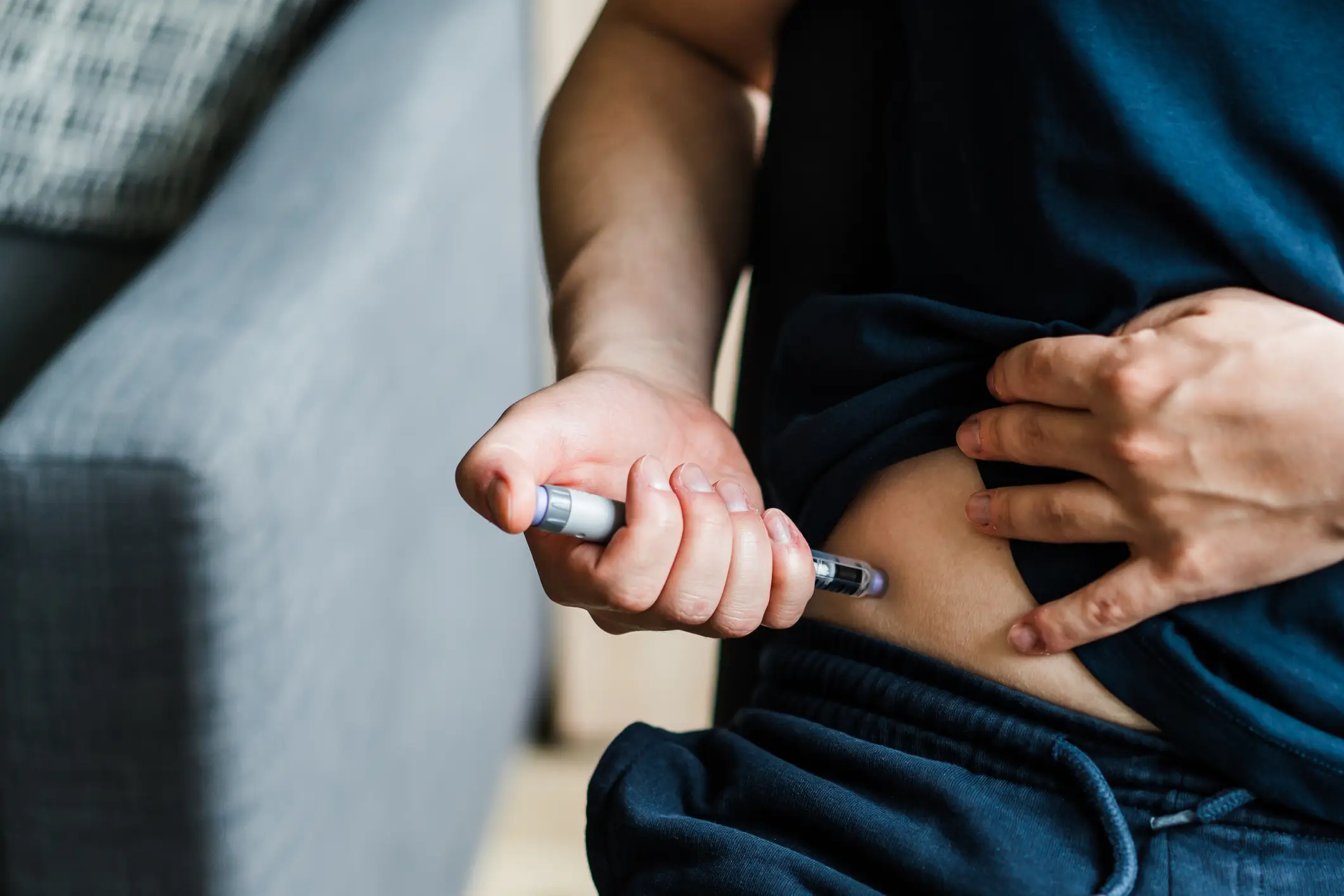
A recent scientific breakthrough could provide hope for millions of people who suffer from a disease which can have deadly consequences.
Even if it is well managed, the condition can take over a person's day-to-day life and requires a lot of care and monitoring.
If the new findings can be rolled out on a wider scale, this could have offer major improvements to the lives of many without the risks of reducing their immune system.
Now, scientists have published the study in The New England Journal of Medicine journal, where a patient has been 'cured' following this landmark trial.
Advert
A 42-year-old man from Sweden took part in the trial after being diagnosed at the age of just five years old, and it involved transplanting healthy cells into the patient so that they could heal on their own.

The transplanted cells are islet cells, which are usually produced in the pancreas, and they were placed into the liver of the patient.
Once successfully transplanted, the scientists found that the liver started to produce insulin on its own.
The islet cells help to produce hormones in order to regulate blood sugars.
The successful trial means the man was essentially 'cured' of his type 1 diabetes, following the first-of-its-kind procedure.
Cells were transplanted via a series of injections into the muscle of the man's forearms, and over the next 12 weeks his body started to make its own insulin when needed.
It is thought that some 8.4 million people live with type 1 diabetes around the world, and it is not related to diet or exercise, and it is much rarer than type 2, which can often be reversed or controlled with lifestyle changes.
So what makes this special?

Islet cells have been transplanted previously to other patients, but this was the first time the islet cells were genetically engineered to avoid rejection.
Rejection is a risk of any transplant, whether organs or otherwise.
The cells the man received were modified via clustered regularly interspaced short palindromic repeats (CRISPR), which is a type of gene editing usually used for cancer patients.
This method allowed the scientists to match the cells to the man's immune system, so it wouldn't recognise them as a foreign body and break them down (reject) them.
The donated cells used in the trial can come from either a live or deceased donor, and the man in question received his from a living donor.
Until now, islet cell transplants have cost around $100,000 (£74,000) and usually require immunosuppressant drugs to be taken after the transplant to prevent rejection.
These immunosuppressants can cause a whole host of other problems, leaving the patient vulnerable to infection.

Previously, the gene editing had only been tried on mice and monkeys.
The man did experience side effects, including vein inflammation, numbness, excessive sweating and an ulcer on his finger, but these have all since gone away.
When a diabetic patient experiences a build up of sugar in the blood, the body begins to break down fat for fuel.
This creates ketones, which if they continue to build can cause a condition called diabetic ketoacidosis, which leads to nausea, vomiting, dehydration and more.
It can be fatal if left untreated as it can also cause kidney failure and cardiac arrest.